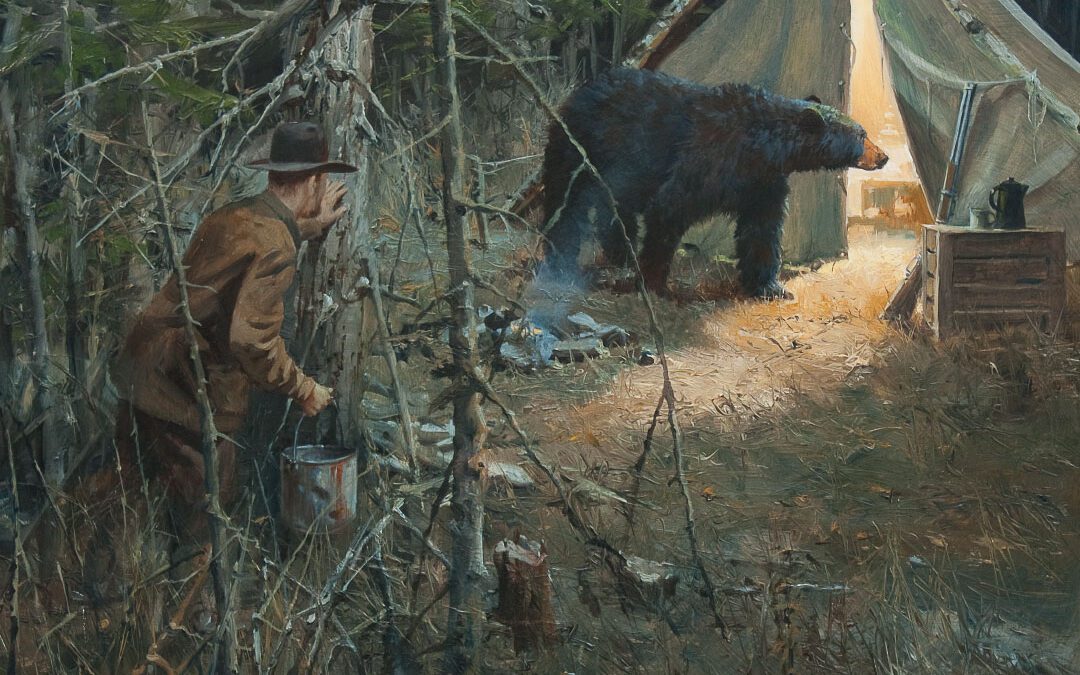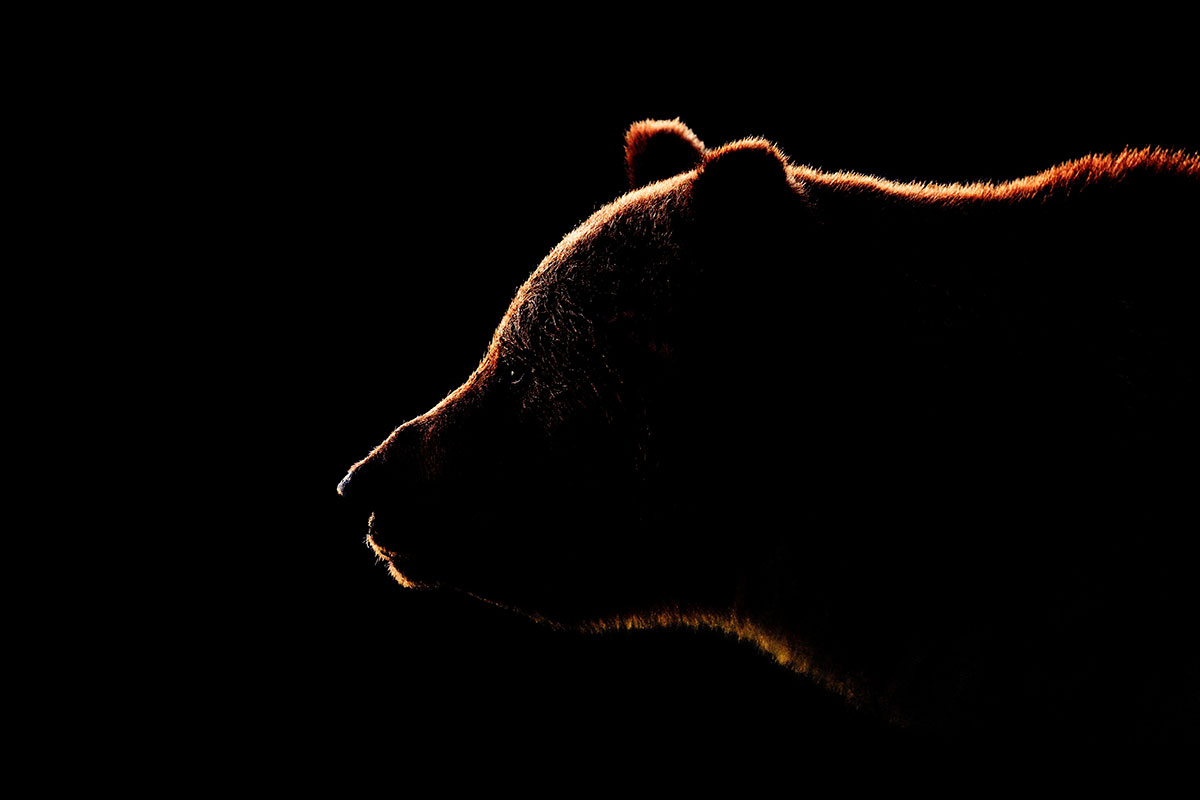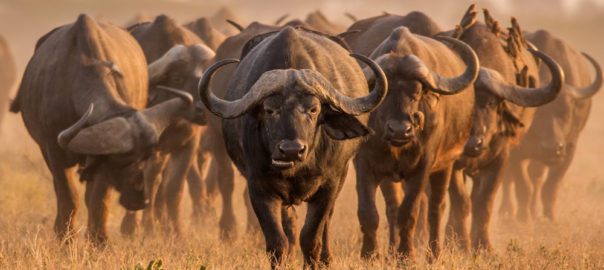Before the 1870s, when the herds of buffalo and elk were ranging eastwards and the wolf and cougar were too scarce to hunt for profit, the meat and hides of black bears were much sought-after by hunters.
The black bear is much smaller than its brown cousin, but can weigh upwards of 500 pounds. Like grizzlies, they are omnivores.
Early hunters found that while the black bear had a reputation as being timid and fearful of man, they can be extremely bold. Though smaller than the grizzly, the black bear can be every bit as powerful. In truth, a charging bear can hit a man like a speeding freight train.
Ernest Thompson Seton, who saw little danger in most animals, was in awe of the black bear’s fury and strength. He described how one animal had charged three Canadian loggers and broke the neck of one man with a single swipe of his paw.
In 1881 a trapper by the name of John Dennison caught a black bear in one of his traps. As the bear struggled to free itself, Dennison went to get his rifle so he could put the beast out of its misery. But when he returned, he found the bear had somehow freed itself, and without any warning it charged the unlucky trapper.
The bear knocked the rifle from Dennison’s hands and the two combatants, beast and man, fought to the death. Both suffered terrible wounds and were found lying dead, side-by-side. The man had died from the awful mauling and the bear from knife wounds.
Killing a black bear with a knife was common in the early to mid-1800s, particularly in the eastern states. Some woodsmen would live out a solitary life in the wilderness hunting and trapping, then exchange pelts and hides for provisions and cartridges on their rare visits to civilization.
Although most hunters used guns to hunt bears, there was an extraordinary breed of backwoods characters who often killed black bears with knives and dogs.
Wilbur Waters, also called “The Hunter of White Top,” was known to have hunted in southwest Virginia and eastern Tennessee. He reportedly killed the last wolves in the region by knife along with many bears, all without more than a scratch on himself.
Not all hunters were so lucky. In 1883 a hunter by the name of John Robinson was found dead as the result of injuries inflicted by a bear. More often than not, hunters were killed by bruins they thought were dead.
In the early 1900s a Vermont hunter had blackened his face for camouflage and had laid in wait for a bear to visit his bait. A bear eventually came to his bait and he shot the animal. It was believed that the man, thinking the bear was dead, walked up to the animal, which suddenly rose to its feet and attacked the surprised hunter. He was found with his gun by his side and surrounded by bear tracks that headed off into the bush. The killer was never located.
It’s fair to say that the black bear is one of the biggest nuisances in unattended camps. Through the years many hunters and fishermen have encountered these marauders and had to deal with them in one way or another.
In 1916 a hunter by the name of Frederick Evans Wilson had made camp near two other small hunting camps in Maine. The men had all pitched tents within a mile of each other and on occasion had crossed paths while pursuing deer and other animals.
One night Frederick was getting ready to cook supper when he heard a couple of shots in the distance. He didn’t think much of it, assuming that one of the other camps was doing some night hunting.
At first light a hunter by the name of Vic rushed into Frederick’s camp in a most distressed state. Breathlessly, he explained that a bear had dragged another hunter from his sleeping bag and killed him.
By the time Vic got to the man’s tent, the bear had gone, but not before eating half of his victim’s body. He said that the bear had tried to get into his own tent the following night and he’d fired two shots at it, scaring the beast away. Vic said he’d packed his mule and was heading out to report the incident. He warned Frederick to be careful.
On rare occasions black bears have been known to go on a rampage and even a killing spree at campgrounds. It was not uncommon for hunters and anglers to be attacked while they slept, particularly in those instances where bears had come to associate food with the camp.

Unexpected Visitor, 24×36-inches by John Seerey-Lester.
Some days later, while Frederick was getting water from the stream, he returned to find a bear entering his tent. Foolishly he had left his gun leaning against the outside wall of the tent and was unable to reach it. All he could do was watch as the bear ransacked his belongings.
Frederick emptied the water from a bucket and using a stone, he pounded the side of metal can. The noise brought the bear to the tent entrance where he stared off into the forest, trying to find the cause of the noise. Frederick stayed as still as he could and hoped the bear would eventually grow tired of its rummaging and leave.
Frederick was fully aware that this was a killer bear, so he simply crouched down in the forest to wait him out. All night the bear banged around in his tent.
The next morning the bear finally emerged from tent and began ambling away, giving the hunter enough time to reach his gun and dispatch the bruin.
Note: The following is from John Seerey-Lester’s Legends of the Hunt – Campfire Tales.




